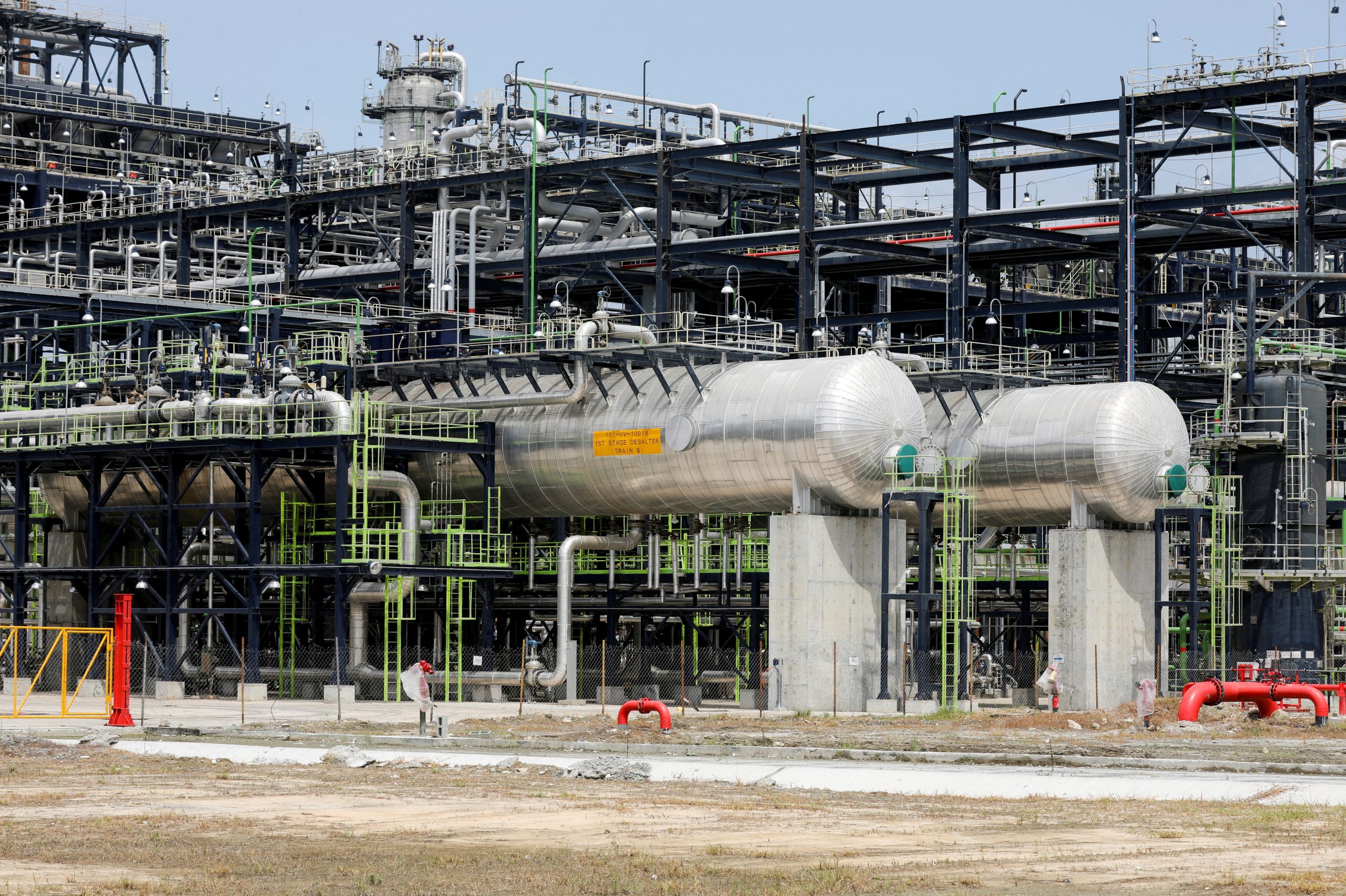The Nigerian National Petroleum Company Limited (NNPCL) has launched fresh negotiations with the Dangote Petroleum Refinery to renew the naira-for-crude agreement, set to expire on March 31, 2025. The move, announced in a Monday statement by NNPCL’s Chief Corporate Communications Officer Olufemi Soneye, counters rumors that the deal had been scrapped until 2030 due to forward-sold crude commitments. Instead, Soneye clarified that the initial six-month pact, launched October 1, 2024, was always temporary and subject to availability, with talks now underway for a new contract.
The naira-for-crude initiative aimed to bolster local refining, cut reliance on dollar-based imports, and stabilize fuel prices. Since its inception, NNPCL has supplied Dangote’s 650,000-barrel-per-day facility with over 48 million barrels, part of a total 84 million barrels provided since 2023. The PUNCH reported that between October and December 2024, crude worth N486.31 billion ($373.76 million) reached the $20 billion Lekki refinery, paid in naira at an Afrexim Bank-advised rate. Yet, $126.99 million (N199.96 billion) remains outstanding as of February 2025.
Zacch Adedeji, Chairman of the Technical Sub-Committee on the deal, reinforced its permanence, dismissing termination claims. “Evidence abounds that it is the right way to go,” he said, citing benefits like reduced forex pressure and enhanced supply stability. He noted the Nigerian Upstream Petroleum Regulatory Commission’s role in ensuring compliance with the Petroleum Industry Act’s domestic supply obligations, maintaining that local refineries remain in the loop.
Eche Idoko of the Crude Oil Refinery-Owners Association of Nigeria framed the renewal as planned, not a renegotiation. He recalled last year’s talks where the pilot phase focused on Dangote—due to its petrol production capacity—before expanding to modular refineries needing 27,000 barrels daily. “We’ve seen price reductions and a stronger naira,” Idoko said, urging the government to honor its broader commitment.
Data from NNPCL’s Federal Account Allocation Committee presentations showed October’s peak supply at 598,125 barrels, dropping to a low of 5,000, with only four days meeting daily quotas. November and December saw further declines, with gaps in product supply details hinting at operational hiccups. Still, NNPCL insists it’s committed to local refining under “mutually agreed terms.”
Posts on X echo this narrative with mixed takes. Some highlight the 48 million barrels supplied since October 2024, questioning transparency on payment splits between naira and dollars. Others suggest NNPCL’s unease with falling fuel prices post-Dangote’s involvement, while one user flagged the deal’s end as a potential cost driver if dollar purchases resume. Sentiment leans toward cautious optimism, tempered by calls for clarity and consistency.
As March 31 nears, these talks will shape Nigeria’s refining future, balancing economic gains against logistical realities. For now, the naira-for-crude lifeline holds, but its next phase remains a work in progress.












Leave a comment